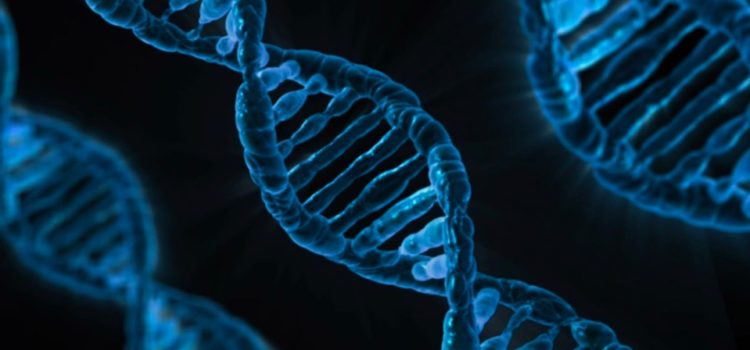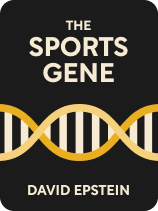

This article is an excerpt from the Shortform book guide to "The Sports Gene" by David Epstein. Shortform has the world's best summaries and analyses of books you should be reading.
Like this article? Sign up for a free trial here .
What is the function of the ACTN3 gene? Is it true that your ACTN3 genotype determines your running ability?
ACTN3 hosts the code for making the protein called Alpha-actinin-3. The “R variant” of the gene results in normal production of the protein, but the “X” variant prevents the protein from being synthesized. While scientists do not know how this happens, there’s a strong correlation between the R genotype and sprinting speed. Tests on athletes from around the world have revealed that the XX genotype is almost nowhere to be found in elite sprinters.
Keep reading to learn why the ACTN3 gene is called the “speed gene” or the “sprinter gene.”
ACTN3 Gene
The ACTN3 gene encodes the Alpha-actinin-3 protein, which is found in fast-twitch muscle fibers. Our ratio of fast- to slow-twitch muscle fibers can determine our success in certain sports.
Researchers following the ACTN3 gene found that almost all African people (and people with recent African heritage) have at least one “R” copy of the gene. In contrast, populations from other parts of the world have varying frequencies of X alleles (for example, 25% of people of East Asian ancestry had two X copies). One possible explanation is that having less muscle mass is more efficient for metabolism in cold climates. Another is that the shift from hunting and gathering to agriculture meant that people were less dependent on bursts of speed and worked less intensely for a longer period of time, which would favor slow-twitch muscle fibers.
The lack of a scientific explanation for why the XX variant is virtually absent in elite sprinters has not stopped for-profit genetic testing companies from selling genetic tests for ACTN3 gene variants to interested athletes and parents. As Epstein points out, since we do not know why some athletes are naturally fast, these tests can only really serve to add further evidence to the fact that most people with the XX genotype will not become elite sprinters; a fact that most people can ascertain without genetic testing.
| Heterozygosity: Getting Different Versions of a Gene From Our Parents It is possible for a parent who possesses an athletically advantageous version of a gene to not pass this advantage on to their children. Inherited genes from our parents are a product of chance. All of the cells in our body (except for sex cells) are called diploid cells. We inherit one of our father’s versions of a gene and one of our mother’s versions of the same gene. Since we have two versions of each gene, two letters are often used to describe a person’s genotype when discussing a particular trait. The two letters (or an uppercase and lowercase letter) refer to the two versions of the gene we inherited from our parents. A person who inherits two different versions is said to be heterozygous for that trait. (In his discussion of the ACTN 3 gene, Epstein is discussing heterozygosity, though not by that name.) Two of the same letter indicates that the person is homozygous for that trait. Versions of genes are generally thought of as dominant or recessive (although inheritance often does not break down as cleanly as this). This means that we can carry a recessive version of a gene that we do not express. In some cases, being heterozygous for a gene can have a protective effect. For example, cystic fibrosis is a genetic disease caused by a mutation in the CFTR gene. The disease is recessive, which means that if a person inherits a normal copy of the CFTR gene from one parent and a mutated copy from the other, they will not have cystic fibrosis. Instead, they are said to be carriers of the disease. The child of two carriers of the mutation will have a 25% chance of having cystic fibrosis. |

———End of Preview———
Like what you just read? Read the rest of the world's best book summary and analysis of David Epstein's "The Sports Gene" at Shortform .
Here's what you'll find in our full The Sports Gene summary :
- A look at how our genes play a determining role in our success in sports
- Why practice doesn't always guarantee success
- The fortuitous gene pairings that can lead to elite athleticism






